
Here's the 1 main reason you should never eat ramen noodles, according to studies
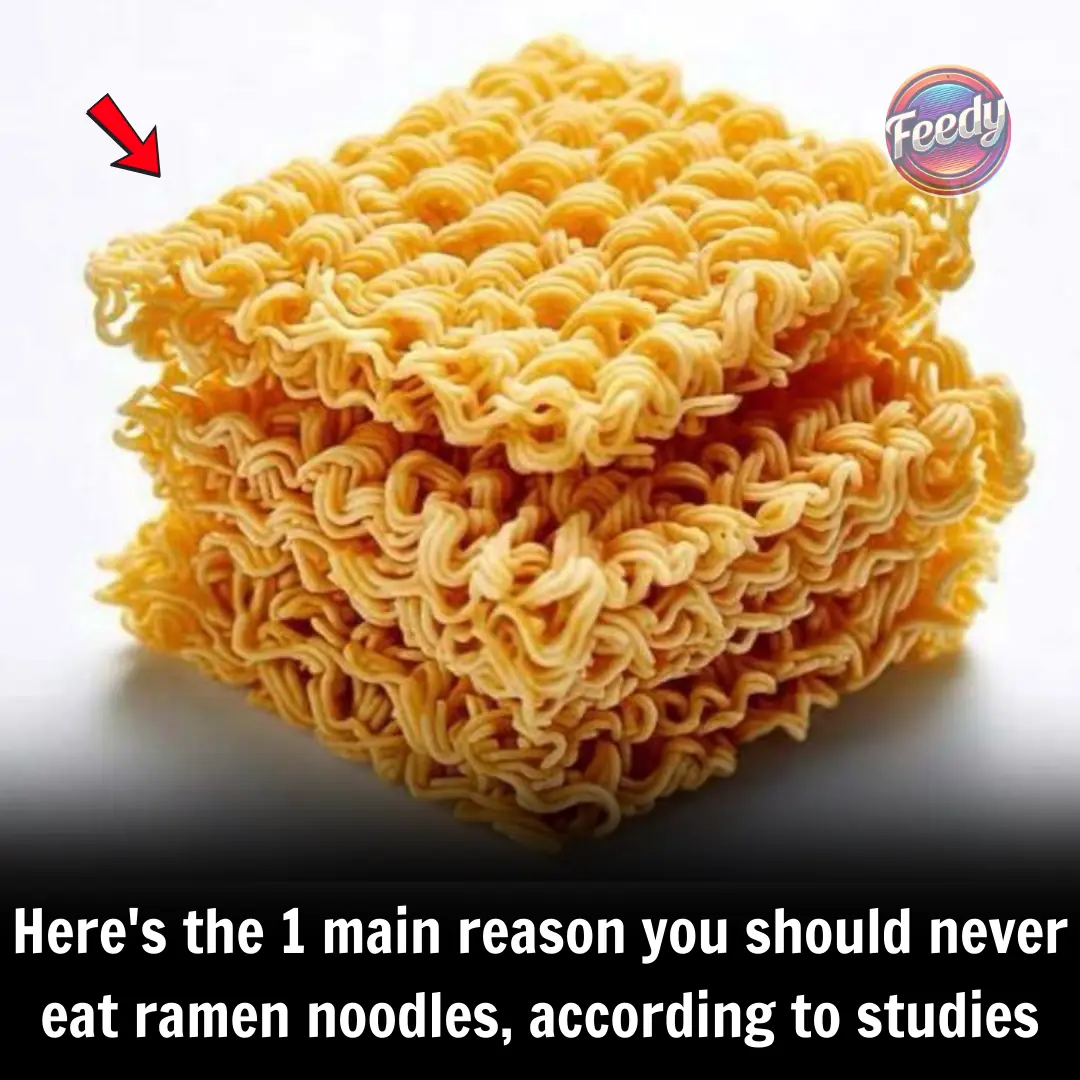
Ramen noodles might be your budget-friendly comfort food. They’re quick, easy, and satisfying. But before you rip open another packet, you should know: that convenience comes with a cost. Instant ramen is packed with additives and lacks essential nutrients, making it harmful when eaten regularly.
Let’s break down exactly what happens to your body when ramen becomes a staple.
1. You Get a Sodium Bomb
A single package of instant ramen can contain up to 1,760 mg of sodium—that’s nearly 90% of the recommended daily limit. Excessive sodium intake is directly linked to high blood pressure, heart disease, and stroke. Worse, ramen offers little in return: no fiber, few vitamins, and almost no minerals.
2. You Ingest Preservatives Your Body Doesn’t Want
To stay shelf-stable, ramen is preserved with TBHQ (tertiary butylhydroquinone)—a synthetic chemical. Animal studies have linked long-term TBHQ exposure to liver and nervous system damage. Some people even report blurred vision after consumption. Your body was never meant to digest this kind of artificial compound on the regular.
3. MSG Might Trigger Reactions
Many ramen flavor packets contain monosodium glutamate (MSG) to enhance that savory umami flavor. While generally safe in moderation, around 1% of people may experience symptoms like headaches, nausea, or high blood pressure after consuming MSG.
4. You Miss Out on Real Nutrition
Sure, that ramen block has about 188 calories per serving—but it’s low in fiber, protein, vitamins, and essential minerals. One large study showed regular ramen eaters consume fewer vegetables, fruits, and lean proteins, leading to widespread nutritional deficiencies.
5. You Ride the Blood Sugar Rollercoaster
Ramen is made from refined white flour, which digests rapidly and causes quick blood sugar spikes—followed by energy crashes. You’ll likely feel full briefly, then tired and hungry again soon after. Over time, this can impair your metabolism and energy levels.
6. You Consume Unhealthy Fats
Instant ramen is typically flash-fried in oil to reduce cooking time. This process adds 3–4 grams of saturated fat per package—bad news for your cholesterol levels. Eat it regularly, and your risk of heart disease increases.
7. You Increase Risk of Metabolic Syndrome
Frequent ramen consumption has been linked to metabolic syndrome—a cluster of conditions including high blood pressure, high blood sugar, belly fat, and abnormal cholesterol levels. Alarmingly, studies show women are especially affected.
8. You Might Feel Drained and Moody
Low-nutrient, high-carb meals like ramen can leave you feeling fatigued, irritable, and unmotivated. People who eat ramen-heavy diets report mood swings and energy dips. Why? Nutritional gaps and unstable blood sugar levels take a toll on your mental health and mood.
9. Your Gut Health Suffers
Ramen noodles provide little to no dietary fiber—just 1–2 grams per serving, while most adults need 25–30 grams per day. This leads to sluggish digestion, bloating, and constipation. Over time, your digestive health pays the price.
10. You May Gain Weight
Let’s face it—most people eat the entire ramen packet, which doubles the calories to almost 400. Combine that with high carbs, low fiber, and low protein, and you’ve got a recipe for weight gain. You feel hungry again shortly after eating, leading to overeating.
So... Should You Give Up Ramen?
Not necessarily. You can still enjoy your ramen without wrecking your health. Here’s how:
✅ Boost Nutrition with Veggies and Protein
Add bok choy, mushrooms, carrots, or cabbage. Toss in a poached egg, tofu, or chicken. These additions bring vital vitamins, fiber, and protein, helping you stay full longer.
✅ Cut the Sodium with DIY Flavoring
Use half the flavor packet or skip it entirely. Try making your own broth with low-sodium stock, garlic, miso paste, ginger, or chili flakes. You’ll still get great flavor—without the salt overload.
✅ Choose Whole-Grain or Air-Dried Options
Look for ramen made with whole wheat or rice noodles and avoid flash-fried versions when possible.
The Bottom Line
Instant ramen isn't the enemy. But eating it too often—and without balancing it with whole foods—can have serious consequences for your health. The key is moderation and smart upgrades. Add nutrition. Reduce harmful ingredients. And remember: your body deserves better fuel.
News in the same category


Don't take too much of it because you'll become the alpha male of all women 💥

Cheesecake Tart Recipe (Cream Cheese Tart)
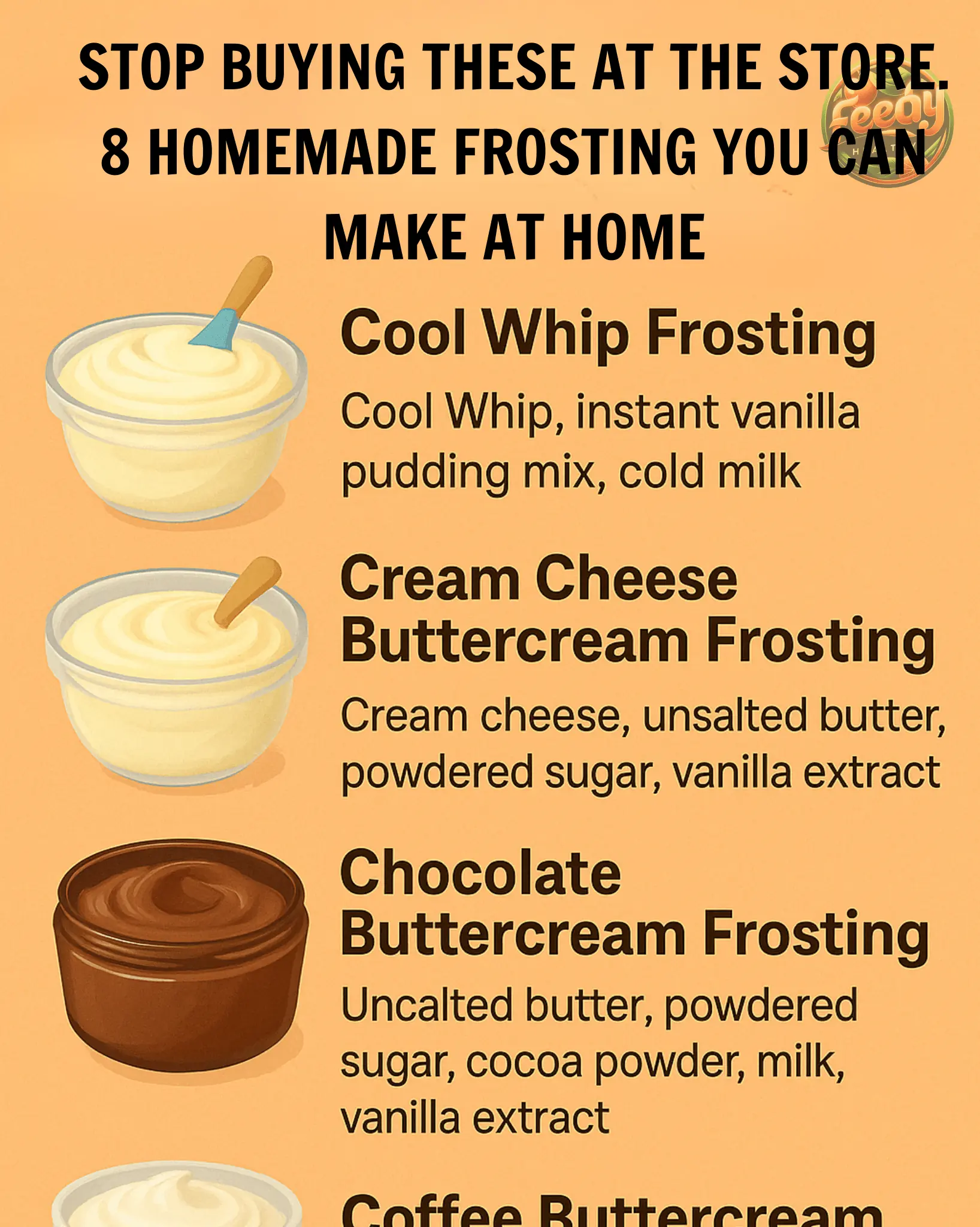
Stop buying these at the store. 8 homemade frostings you can make at home

No Diet Needed – Just One Cup a Day and Say Goodbye to Stubborn FAT!
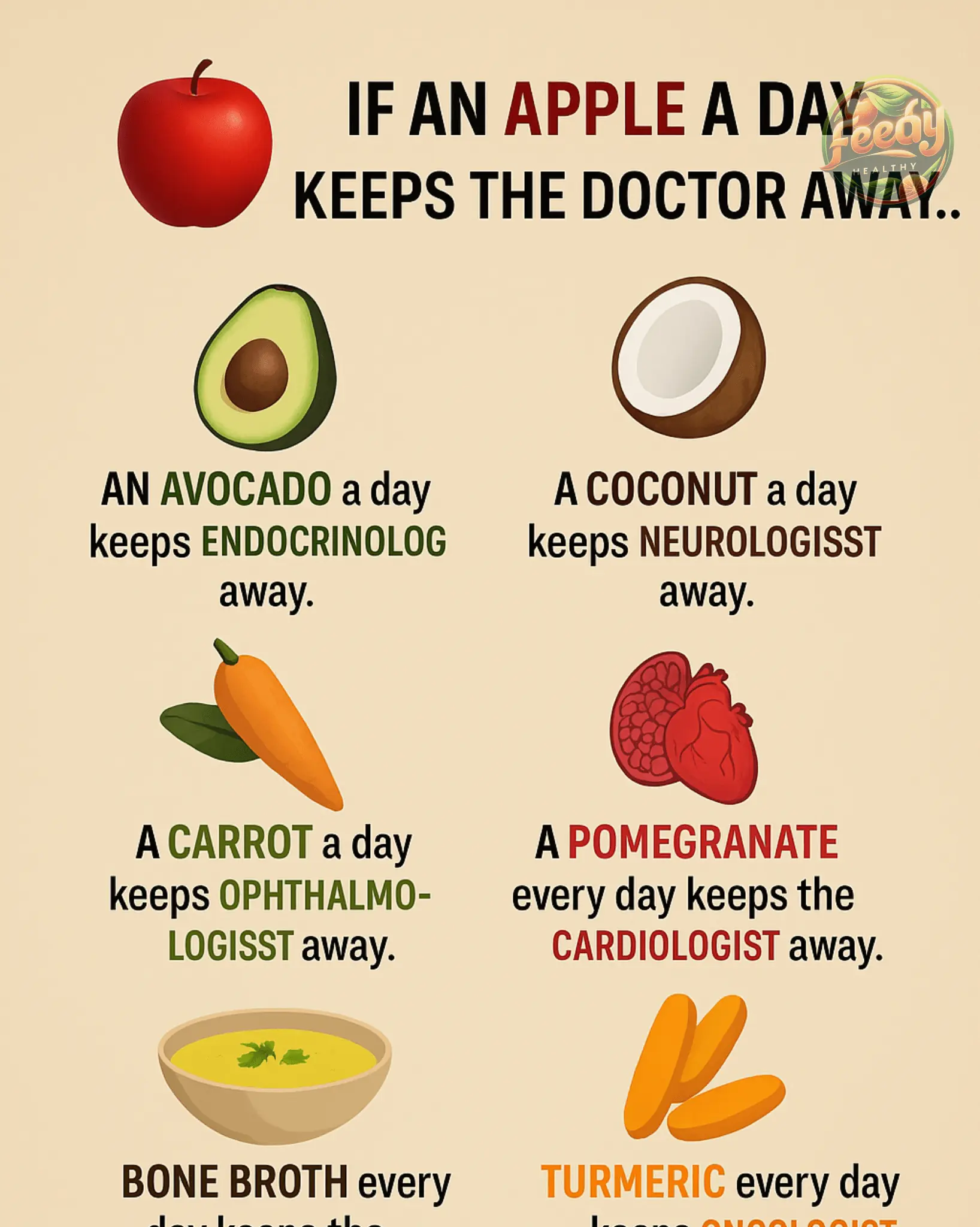
Early Detection of the ‘Cheating Gene’ to Protect Family Happiness
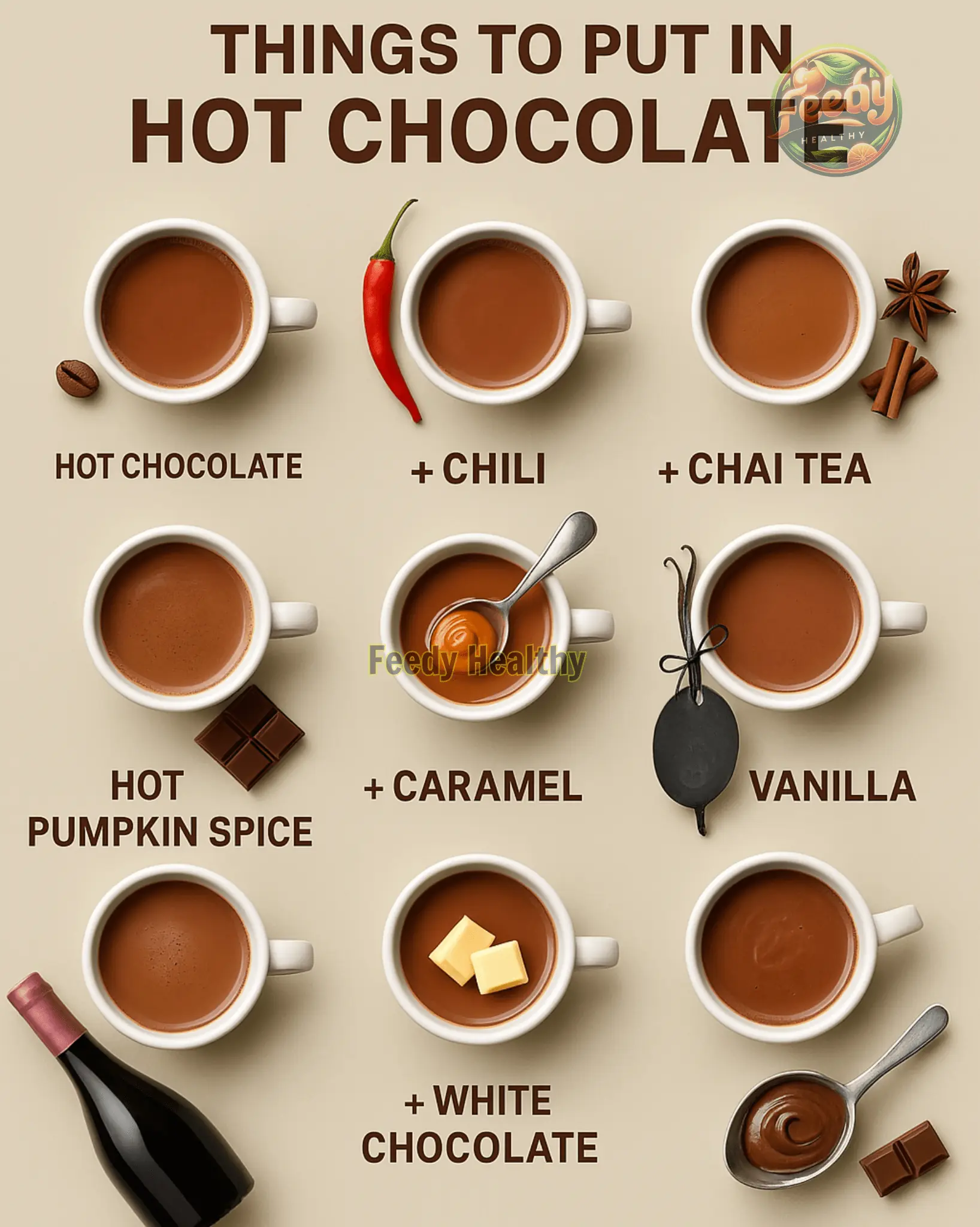
12 Delicious and Nourishing Hot Chocolate Recipes
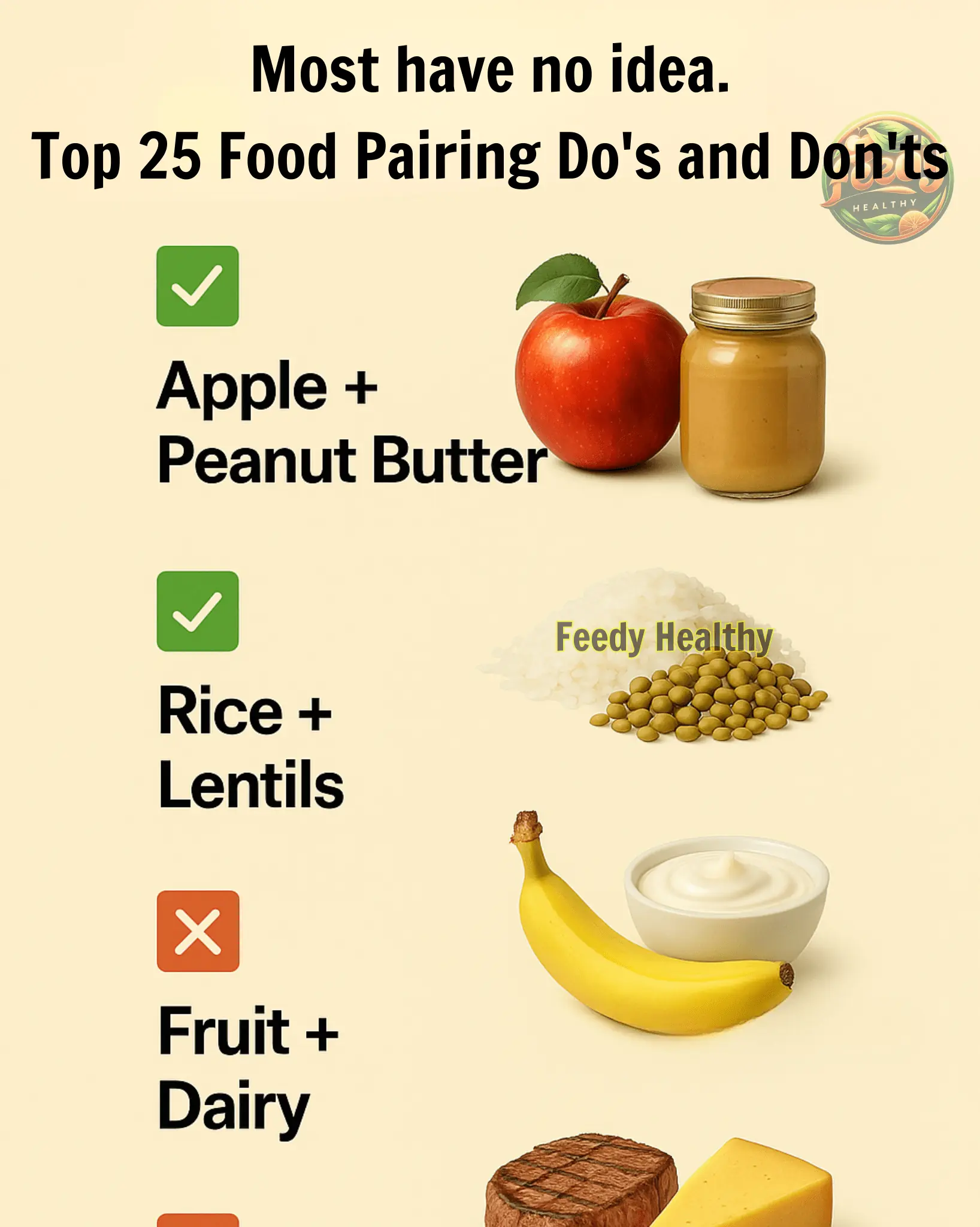
Food Pairings That Make or Break Your Meals: 25 Combinations You Should Know
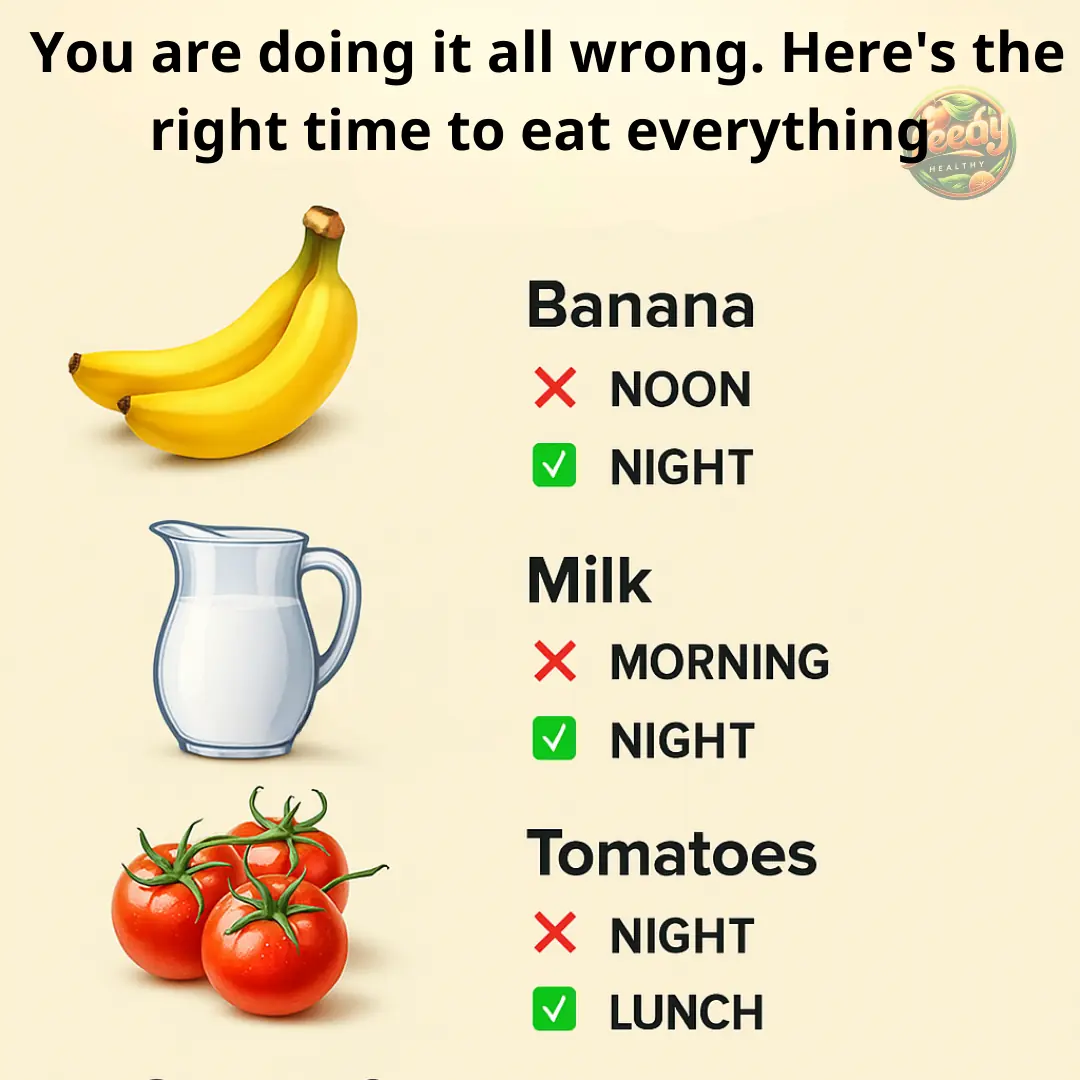
Are You Eating at the Right Time? Why When You Eat Matters as Much as What You Eat

8 Diabetes-Friendly Snacks That Won’t Spike Blood Sugar
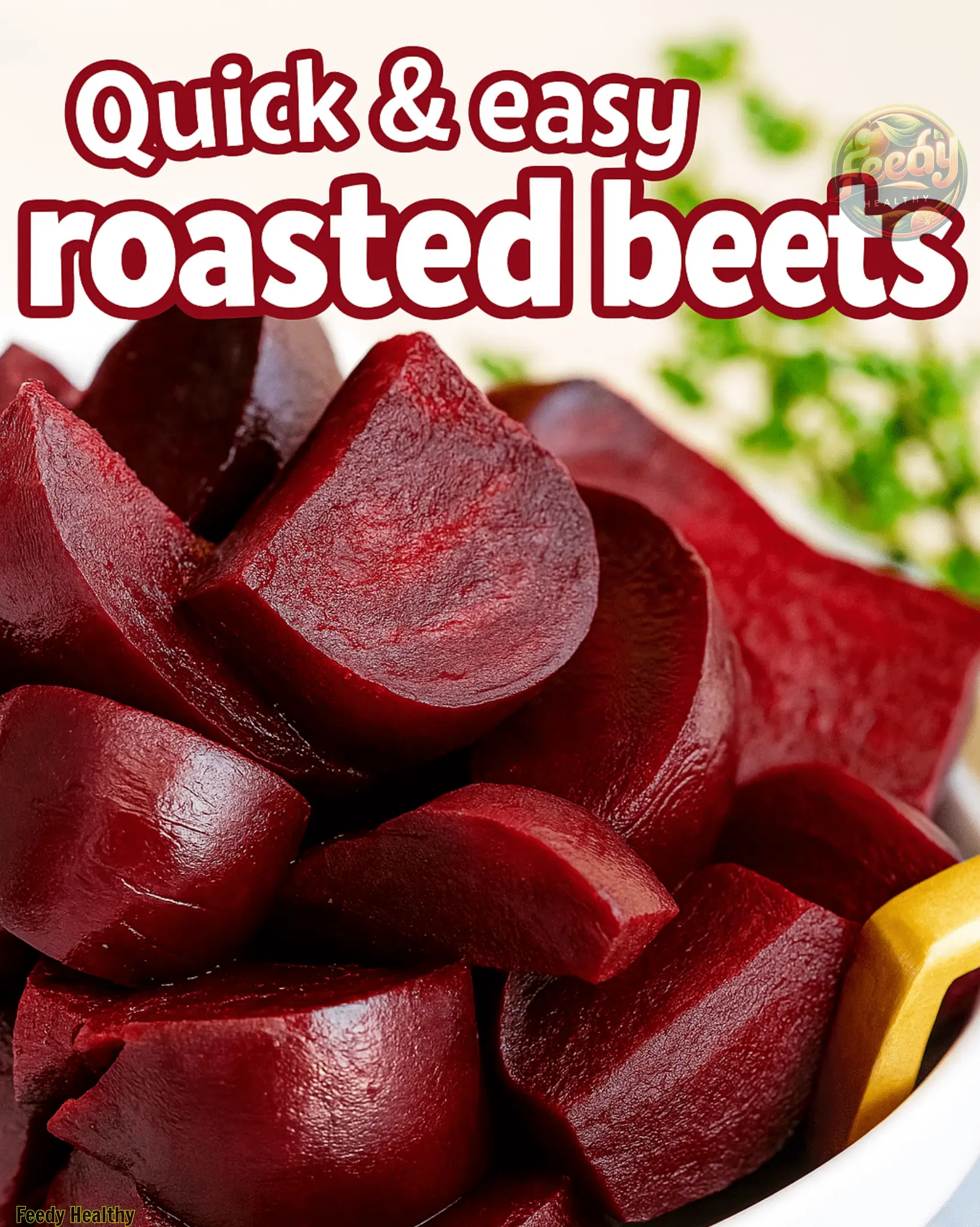
Roasted Beets (How To Roast Beets)
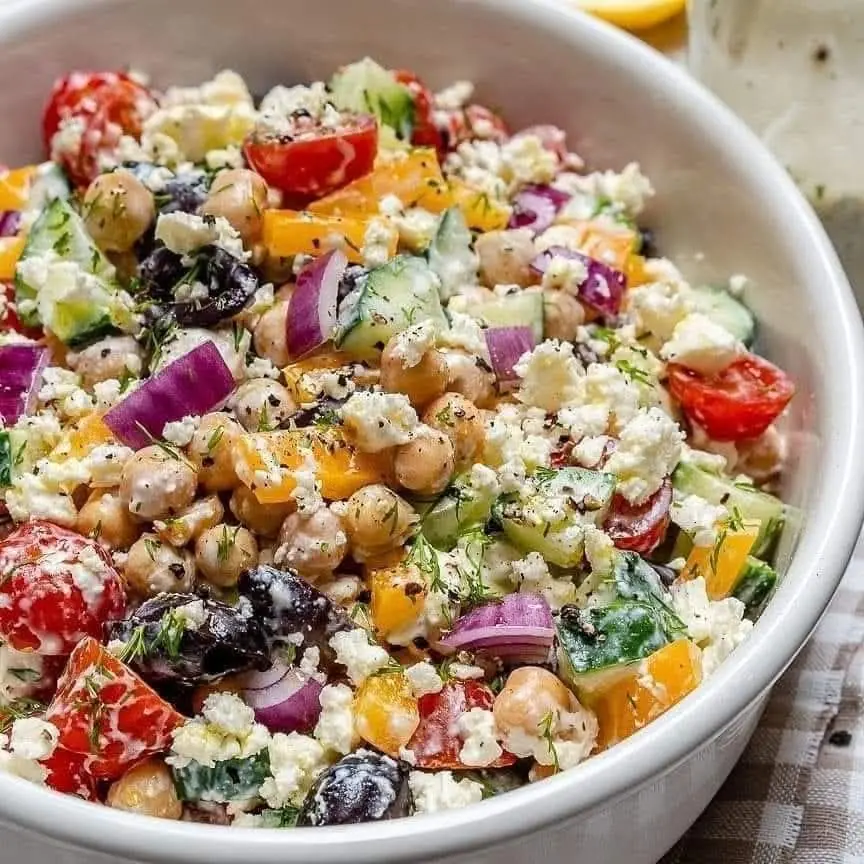
Greek Chickpea Salad + Tzatziki Dressing
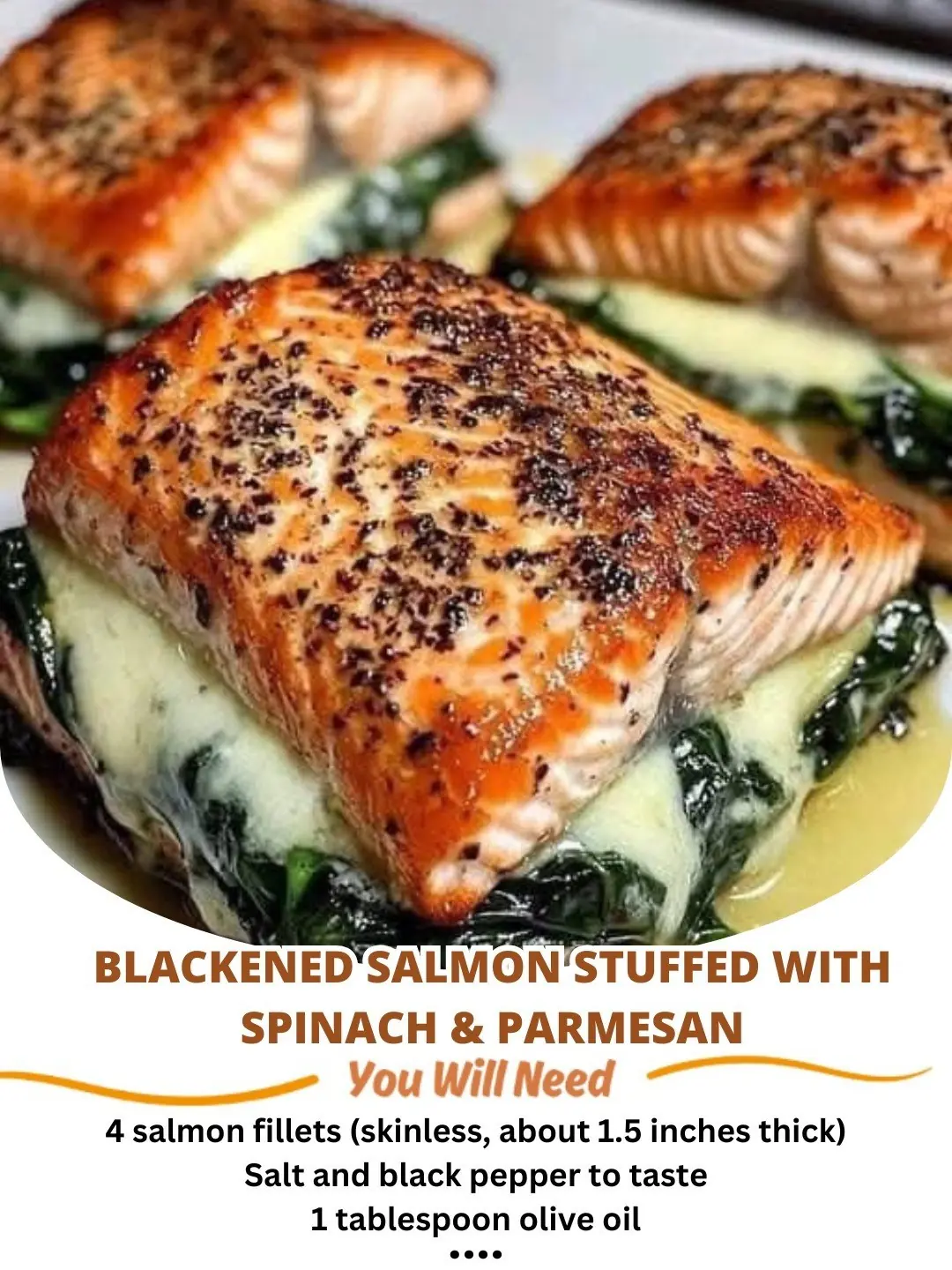
Blackened Salmon Stuffed with Spinach & Parmesan

🍽️ Creamy Chicken, Mushroom & Asparagus Penne – The Ultimate Comfort Pasta! 🍄🥦🍗

My Kidneys Were in Danger – Here’s What I Took! In Less Than 5 Minutes, You’ll Have the Solution – Try It and Heal Your Kidneys for Life!

Did You Know That Coconut Water Can Unclog Veins, Eliminate Kidney Stones, and Even Help with Diabetes and Asthma?
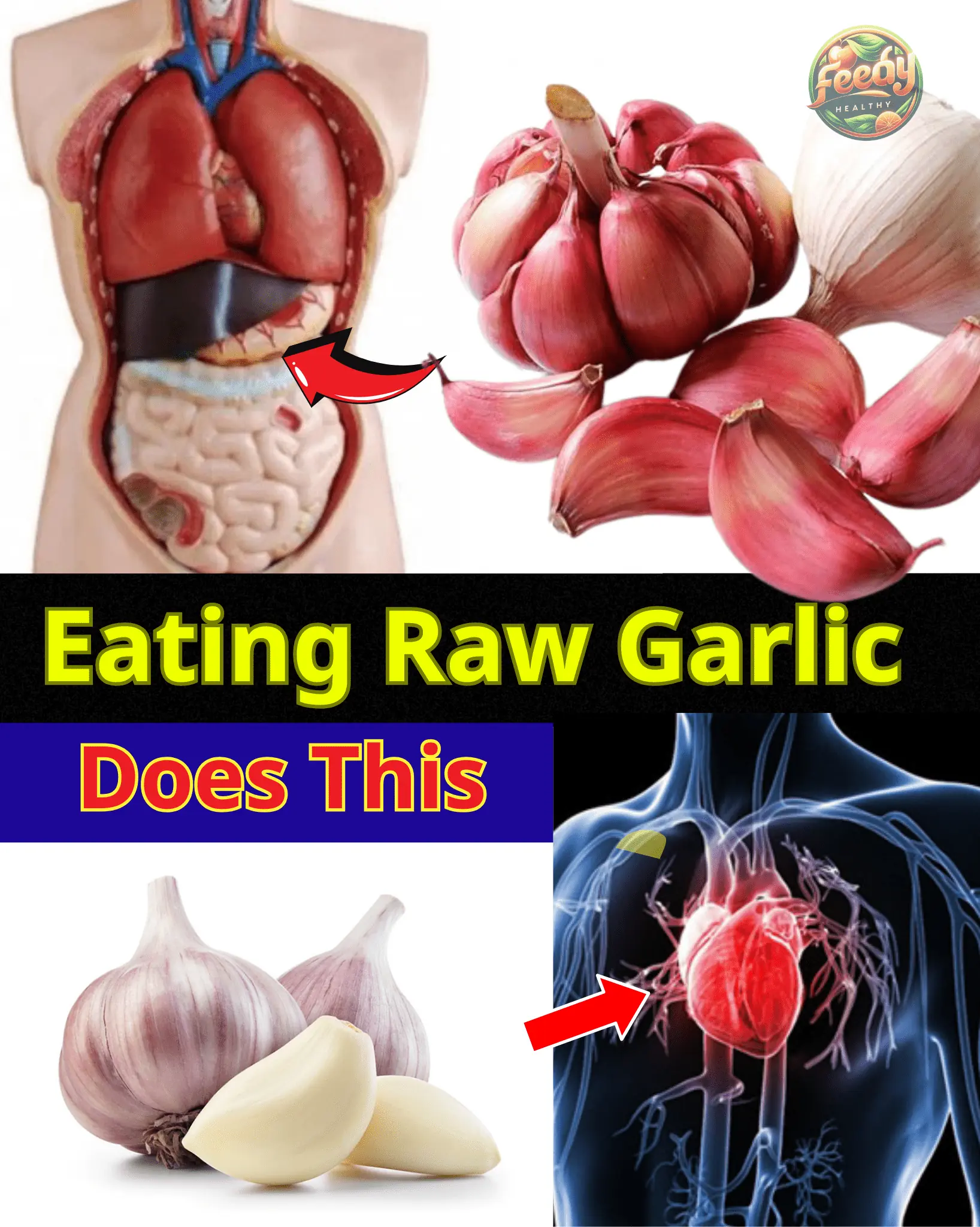
The Nightly Benefits of Eating Raw Garlic Before Bed

Citrus Banana Bliss: A 5-Minute No-Bake Delight 🍌🍊

Rotisserie Chicken Mushroom Soup: A Creamy, Comforting Delight! 🍗🍄
News Post

Mix Baking Soda with Lemon: 8 Surprising Benefits Every Woman Should Know
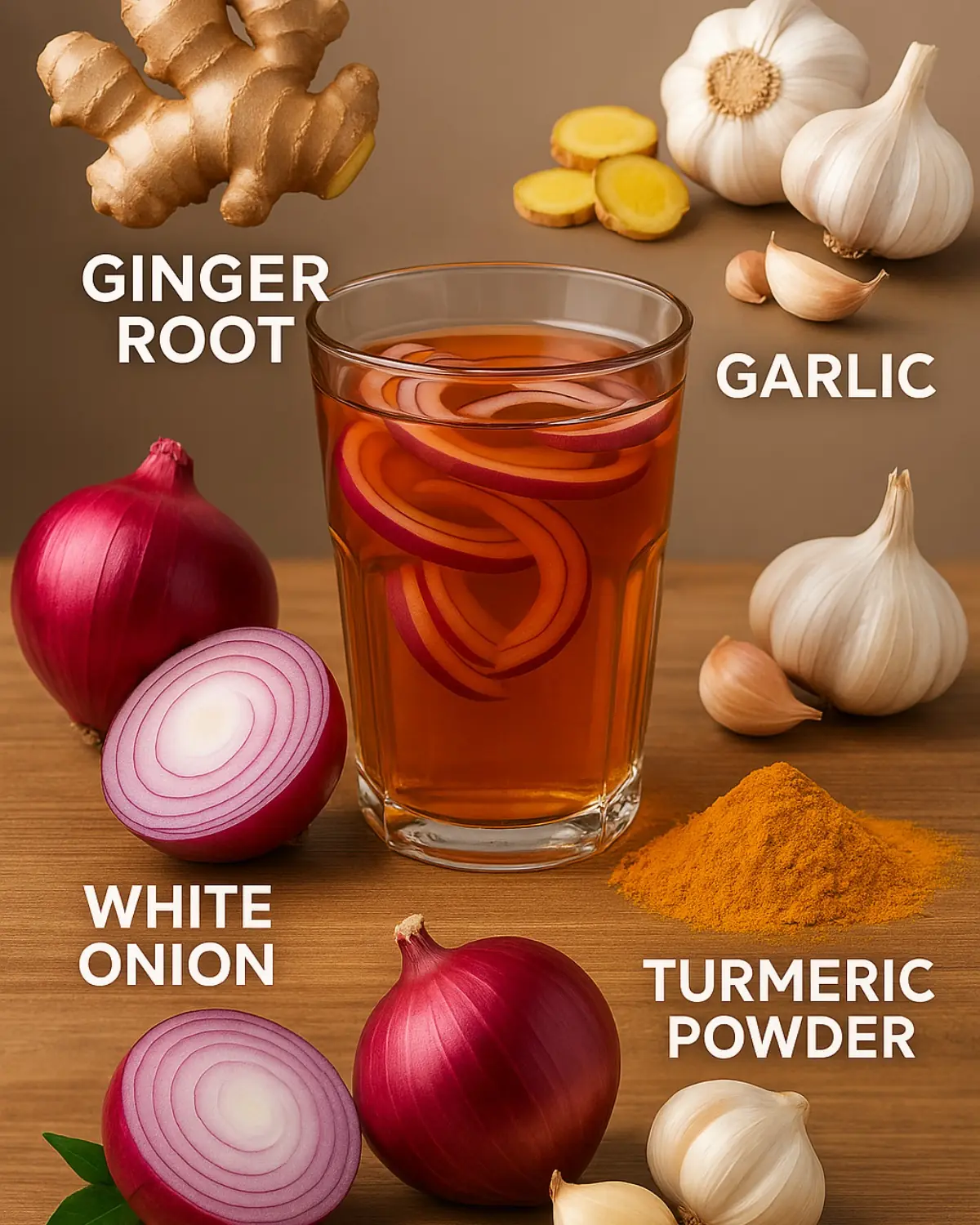
The Best Morning and Evening Tea: 6 Health Benefits of Garlic, Turmeric, Onion, Ginger, Cinnamon, and Guava Leaf for Seniors
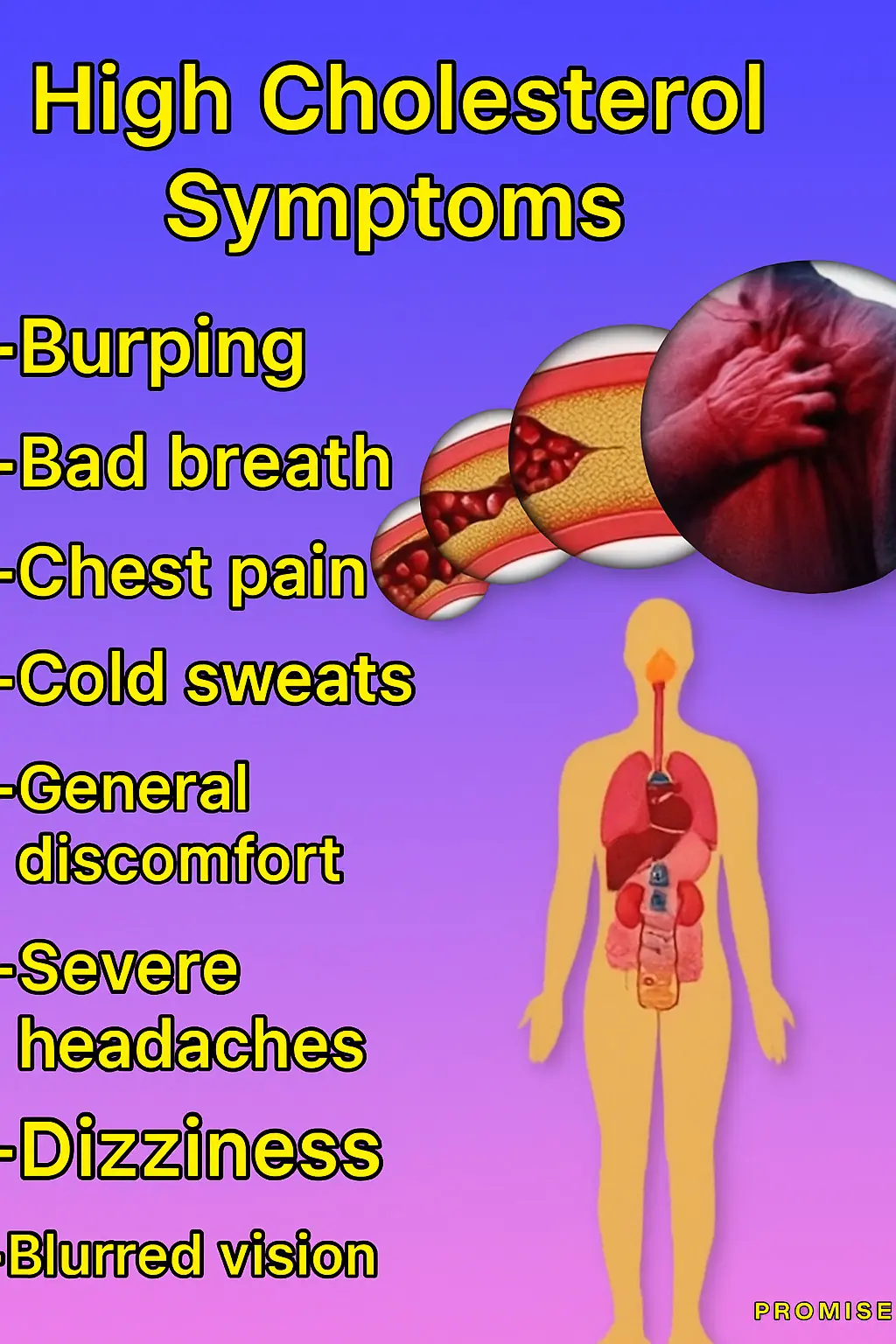
High Cholesterol Symptoms (and High Triglycerides)
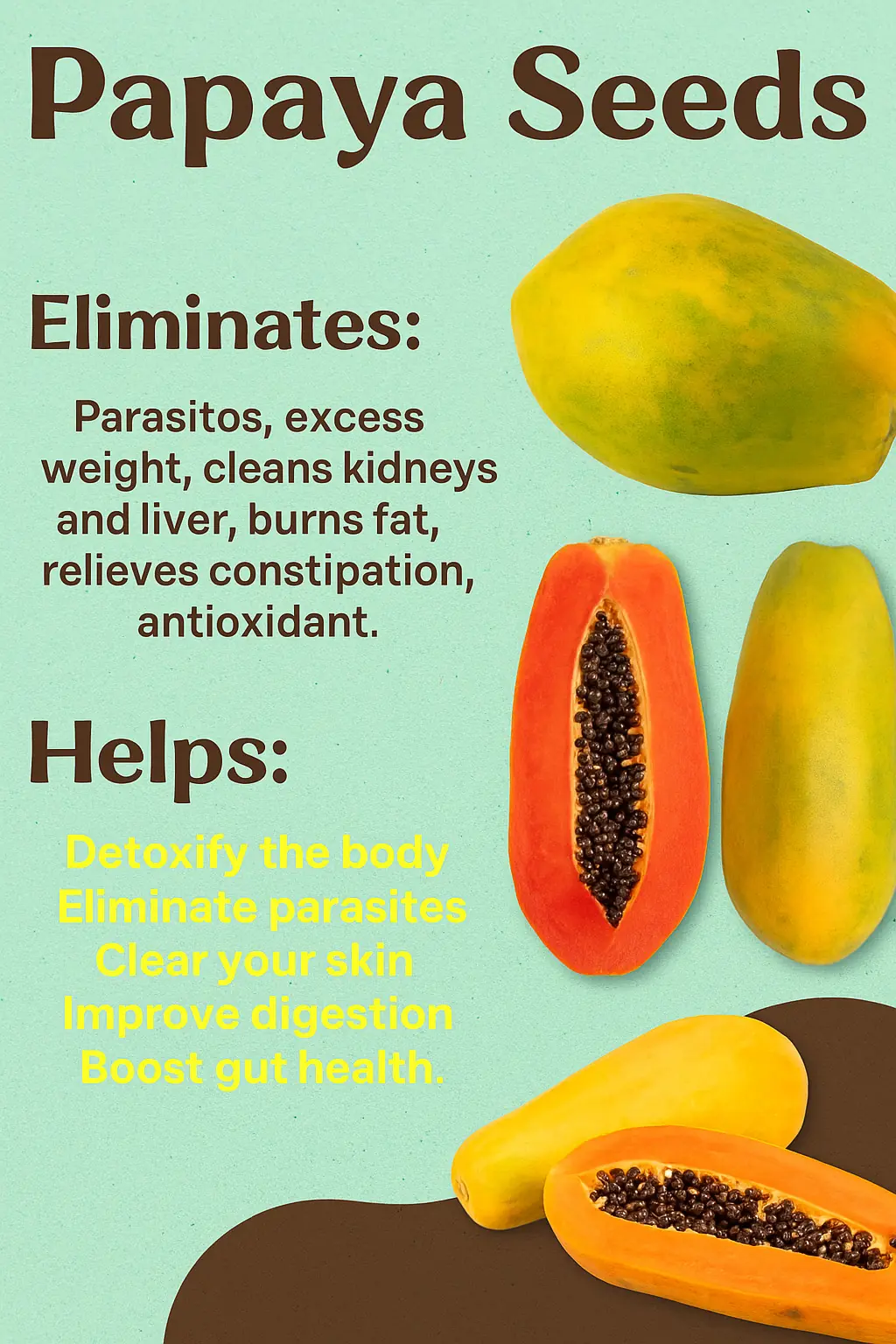
Papaya Seeds: Health Benefits and How to Use Them
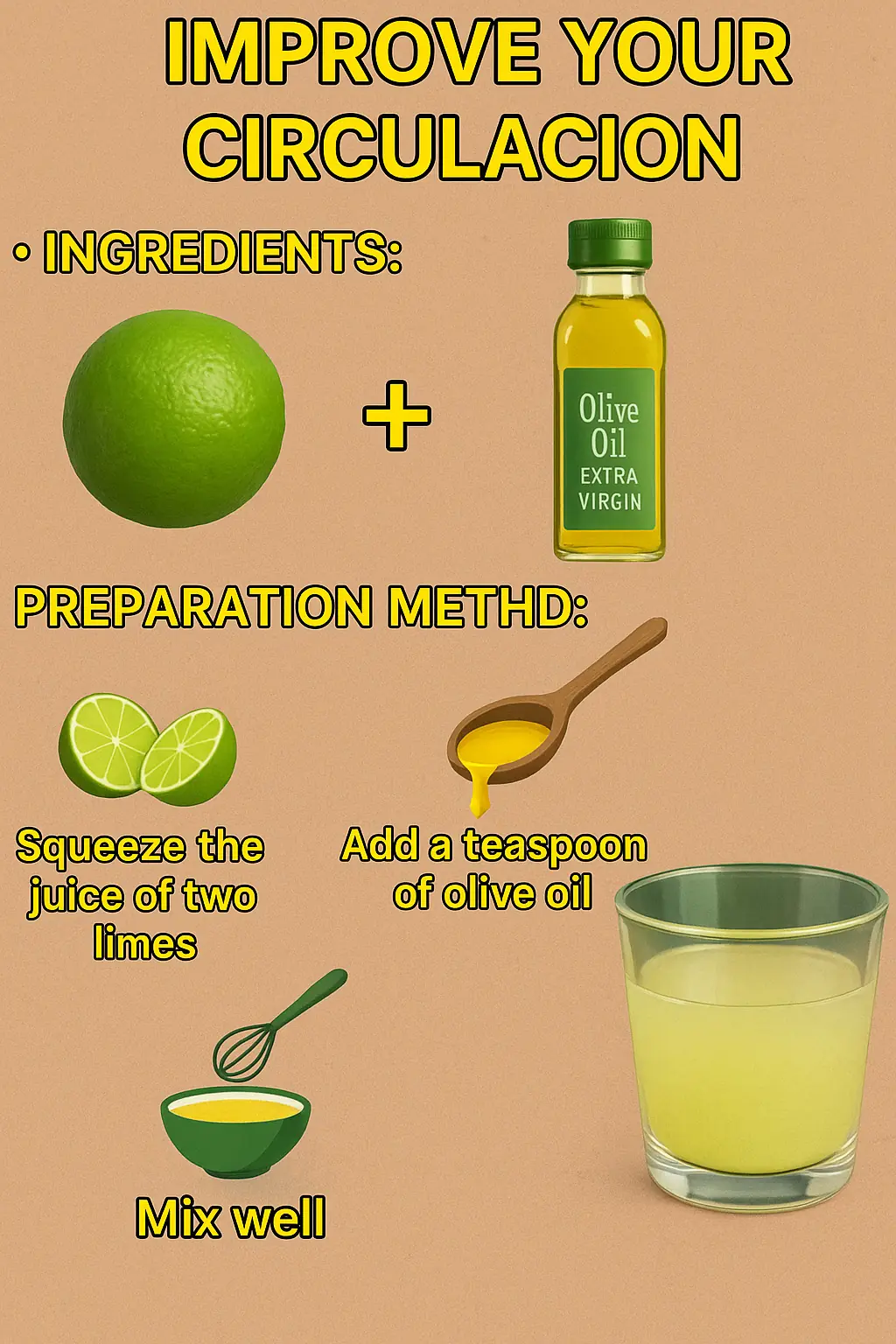
Benefits of olive oil 😱😱
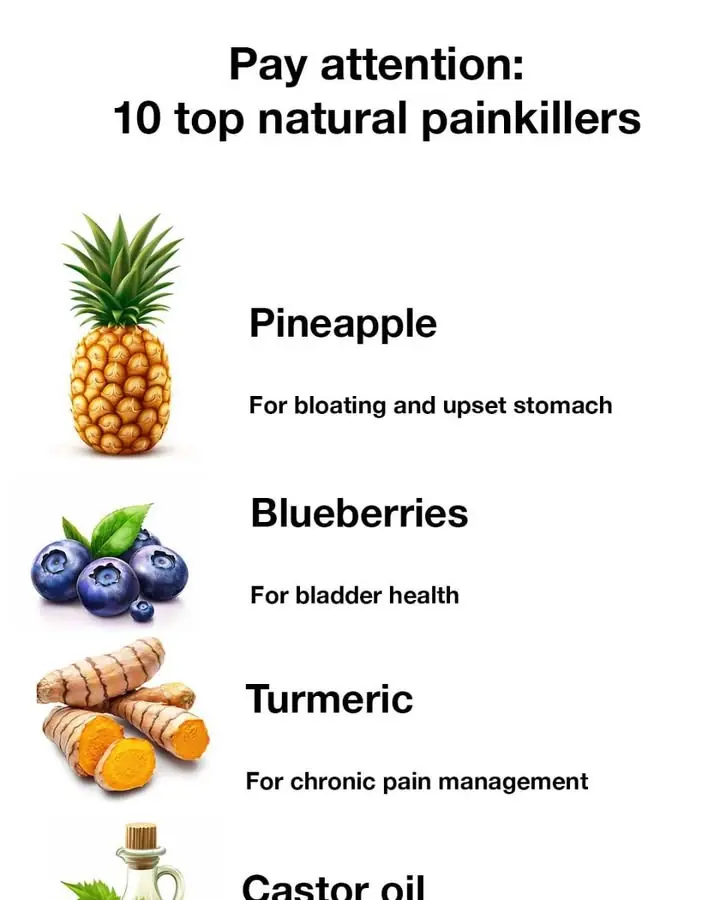
10 top natural painkillers
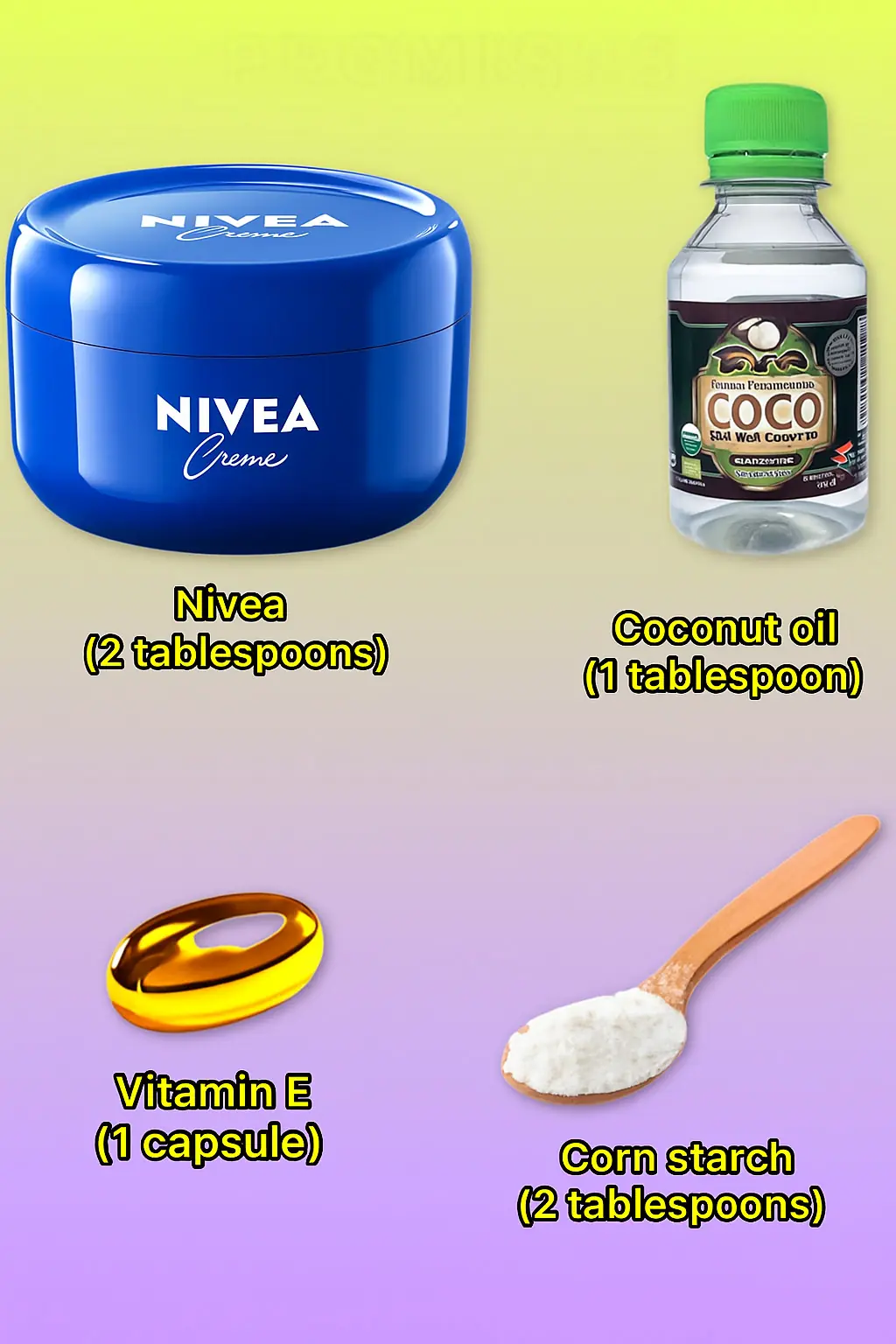
Homemade Anti-Wrinkle Cream with Nivea, Coconut Oil, and Cornstarch

Doctor Reveals: Mix Banana Peel with Cinnamon and Cloves

PINEAPPLE – A NATURAL REMEDY FOR STROKE PREVENTION & LIVER-KIDNEY DETOX
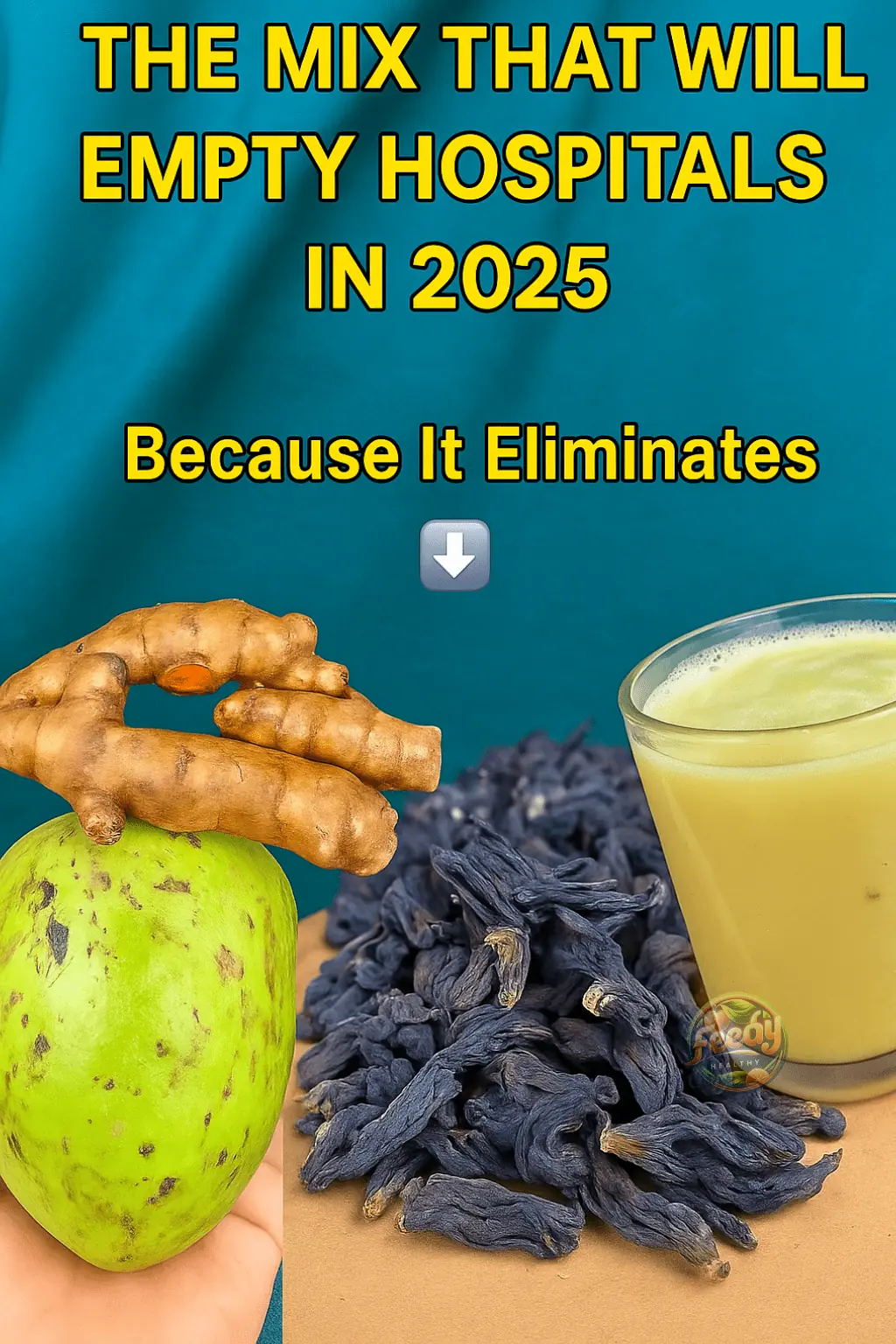
This 2025 Herbal Elixir Is Emptying Hospitals—What’s Behind the Craze?

Homemade Butter Pecan Ice Cream
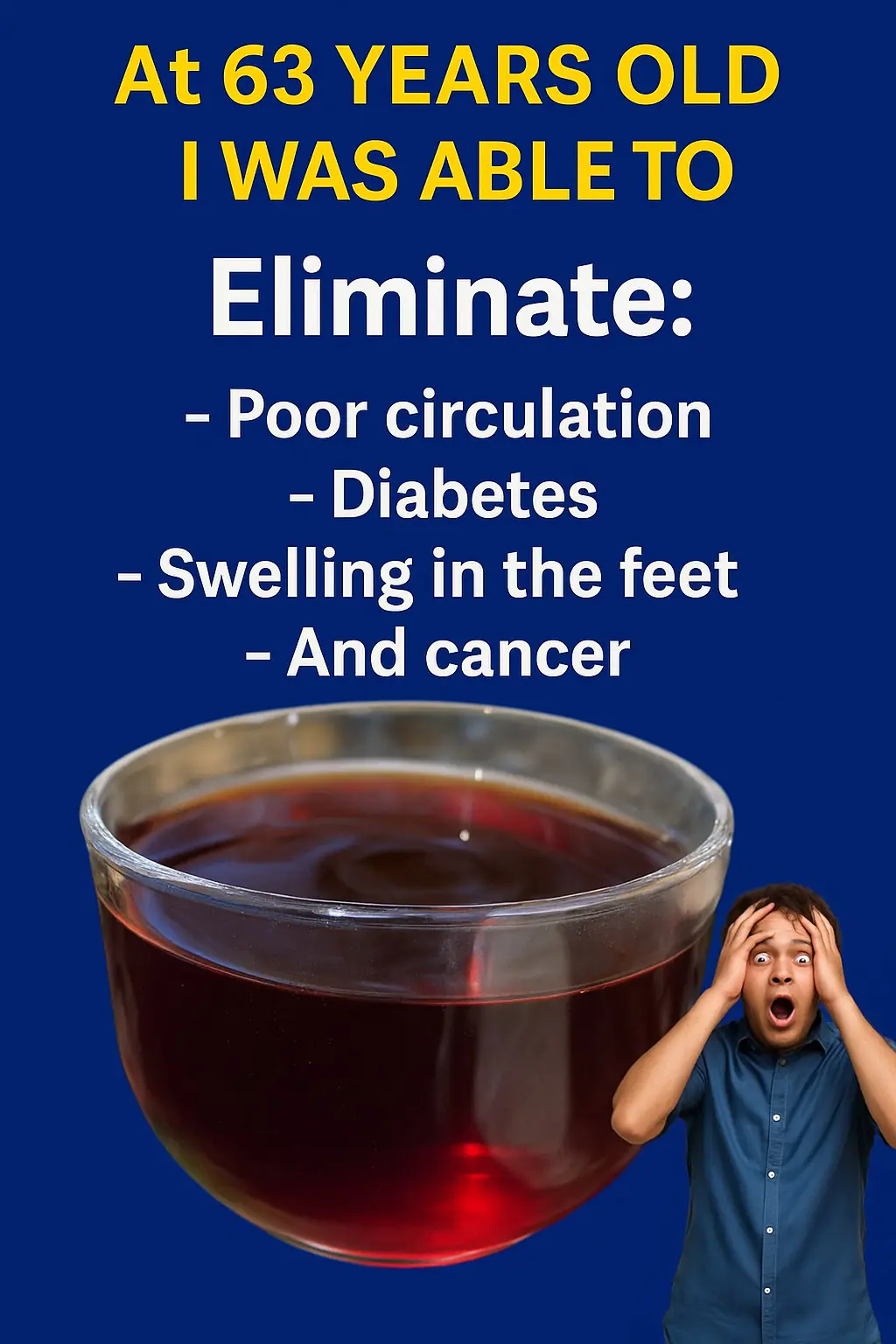
At 63 Years Old, I Eliminated Poor Circulation, Diabetes, Swollen Feet, and Even Cancer

Peppermint (Mint) and Rosemary: A Powerful Herbal Infusion for Wellness
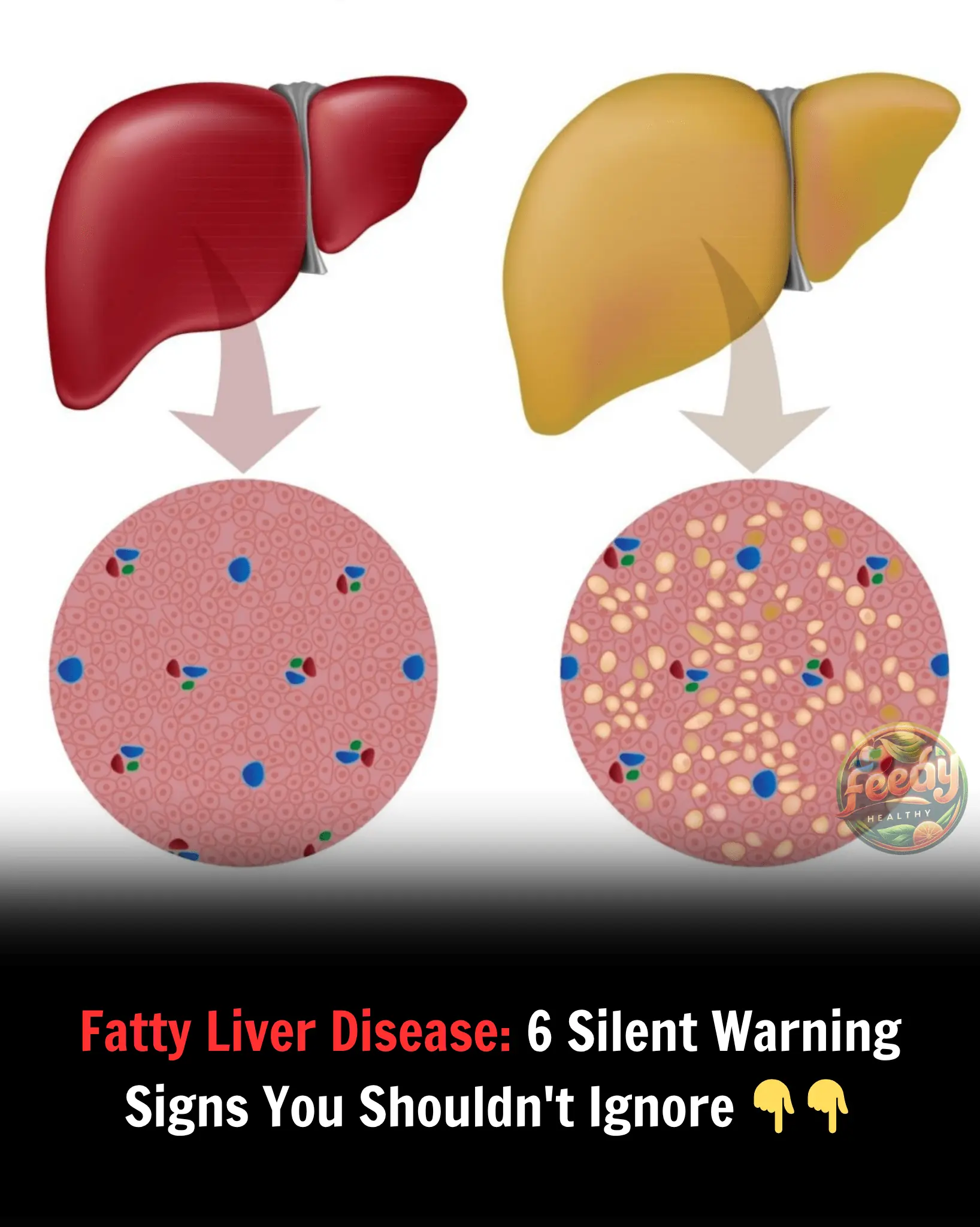
Fatty Liver Disease: 6 Silent Warning Signs You Shouldn't Ignore 👇👇

Milk Thistle (Silybum marianum): A Powerful Medicinal Herb for Liver Health and More

Drink avocado seed tea with turmeric and cinnamon 🥑

They Call It the “Blood Sugar Remover” – A Natural Remedy Passed Down for Over 100 Years
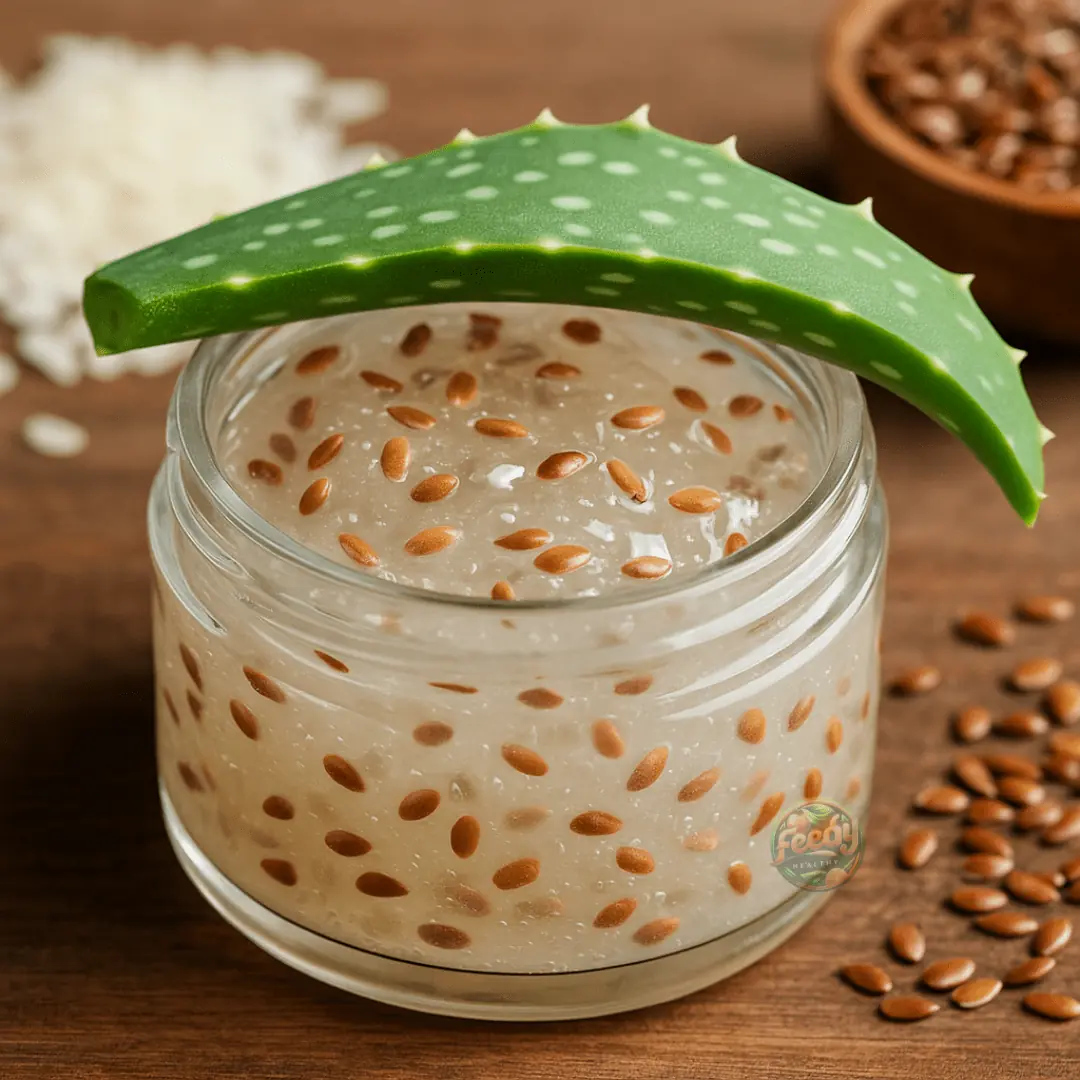
Rice Flaxseed Gel For Youthful & Glowing Skin
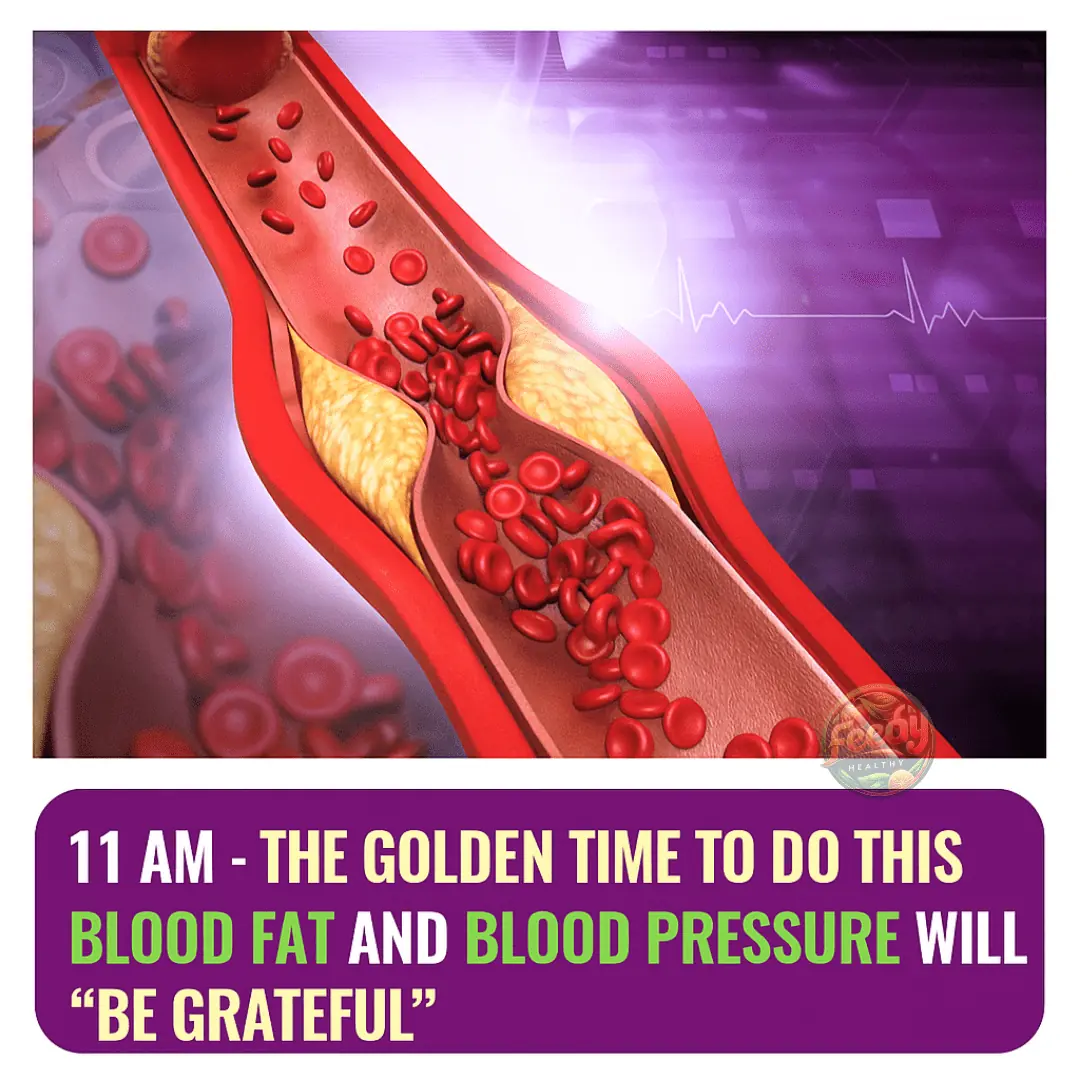
11 AM – THE GOLDEN HOUR WHEN YOUR BLOOD FAT AND BLOOD PRESSURE WILL “BE GRATEFUL” IF YOU REMEMBER TO DO THIS ONE SIMPLE THING…
